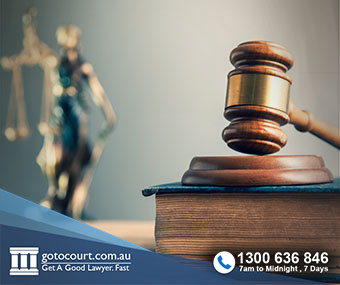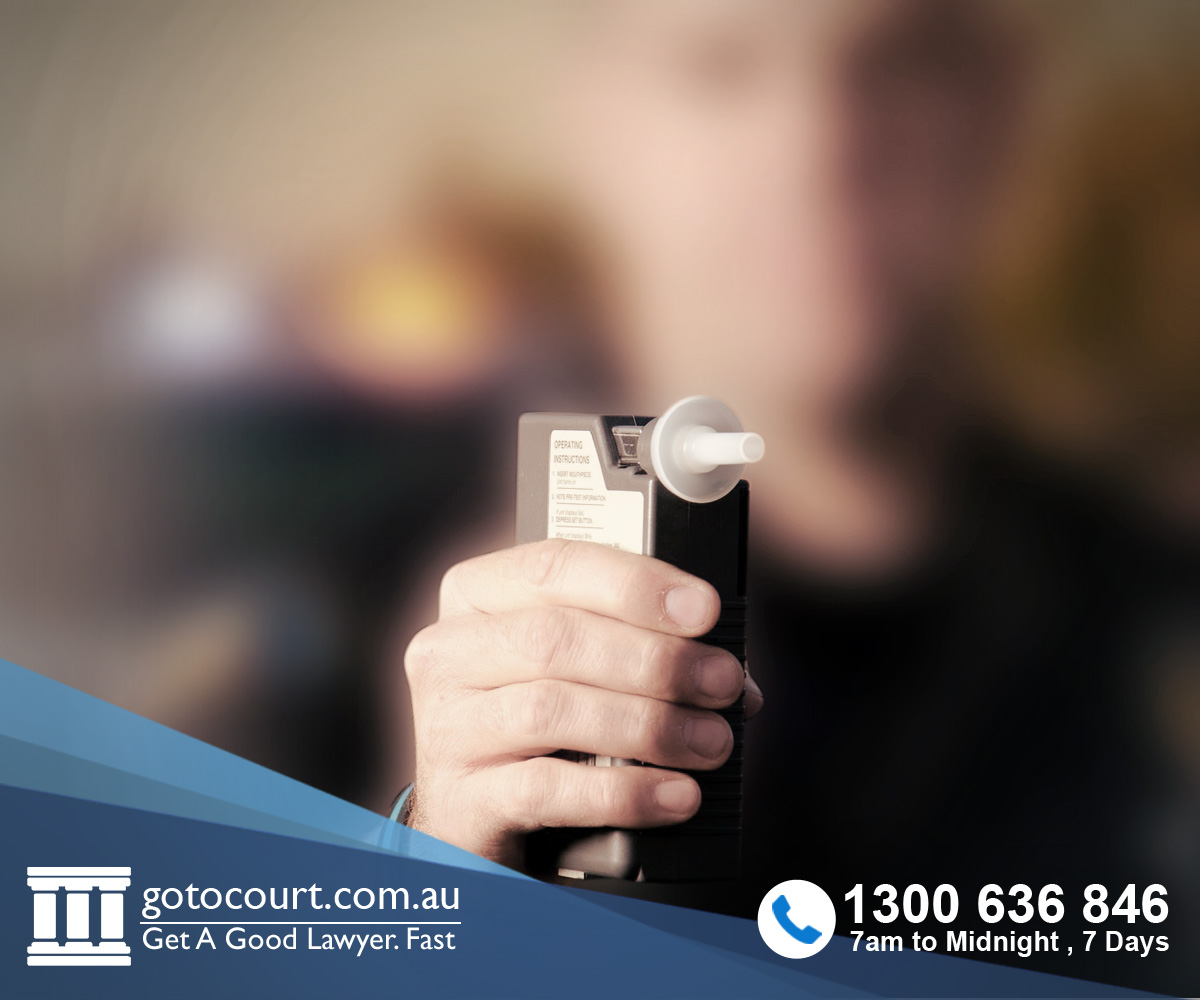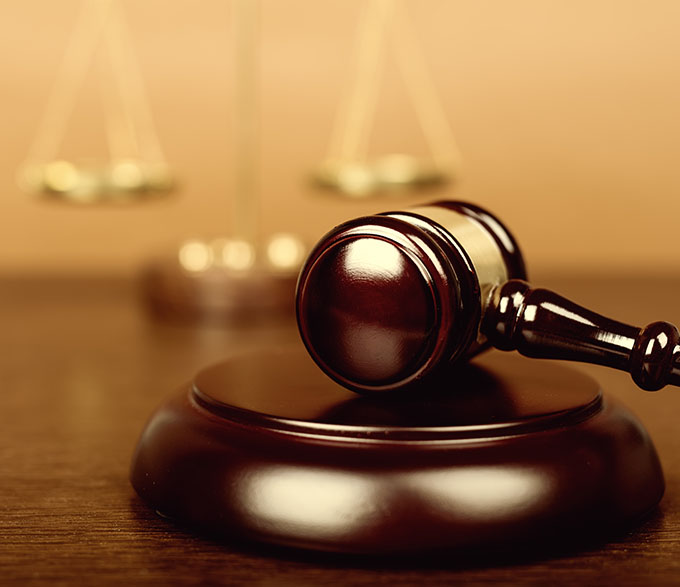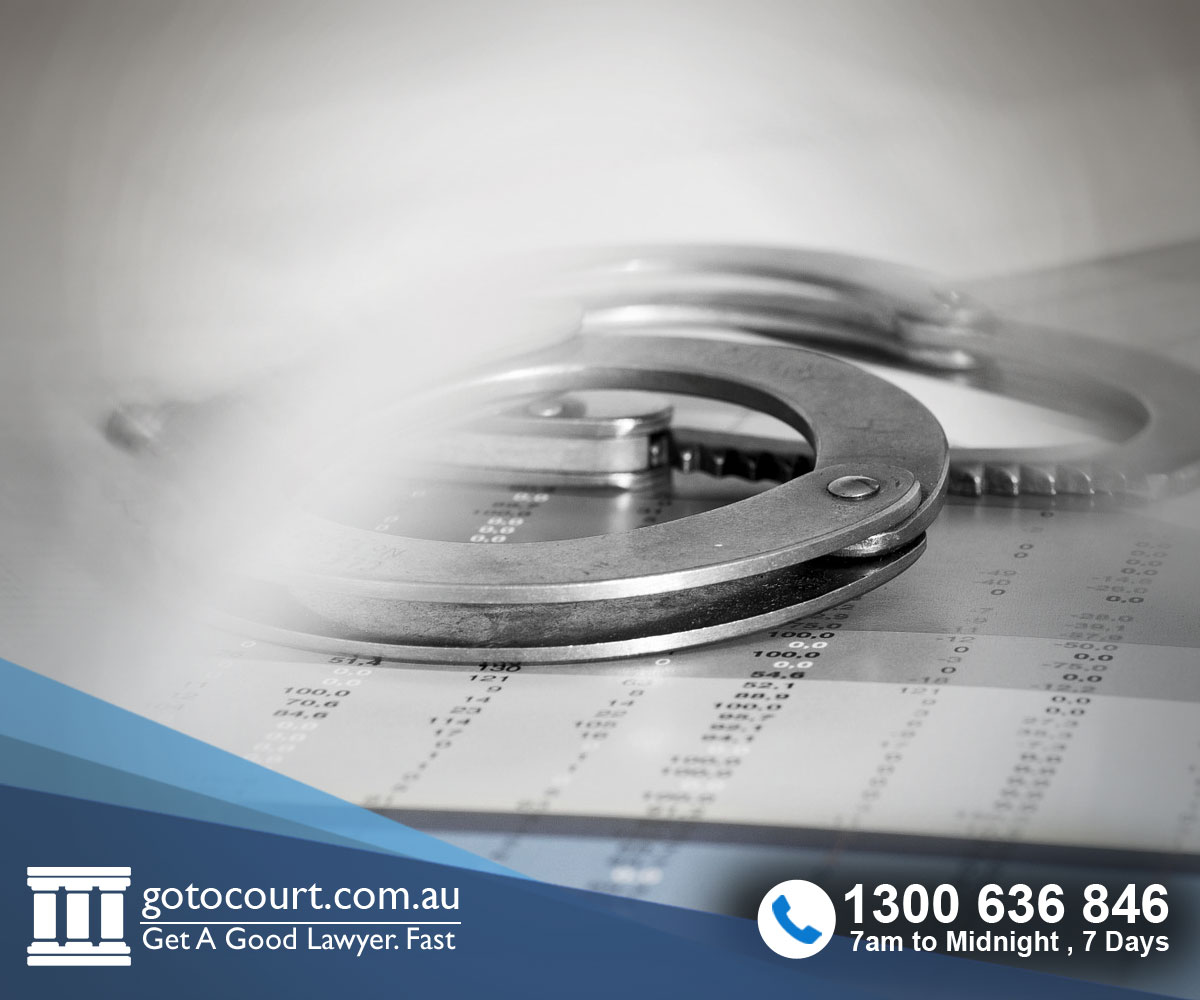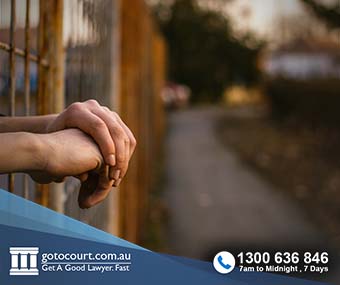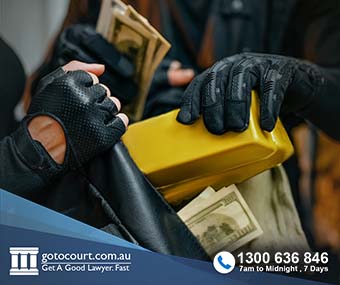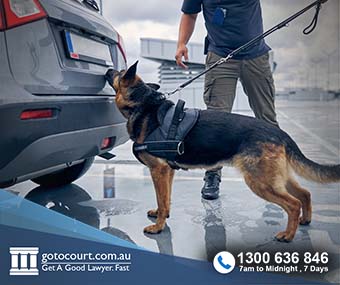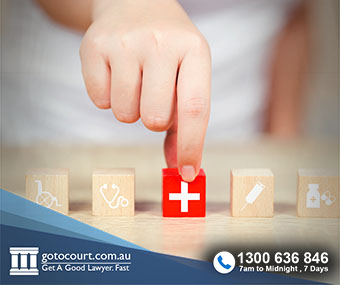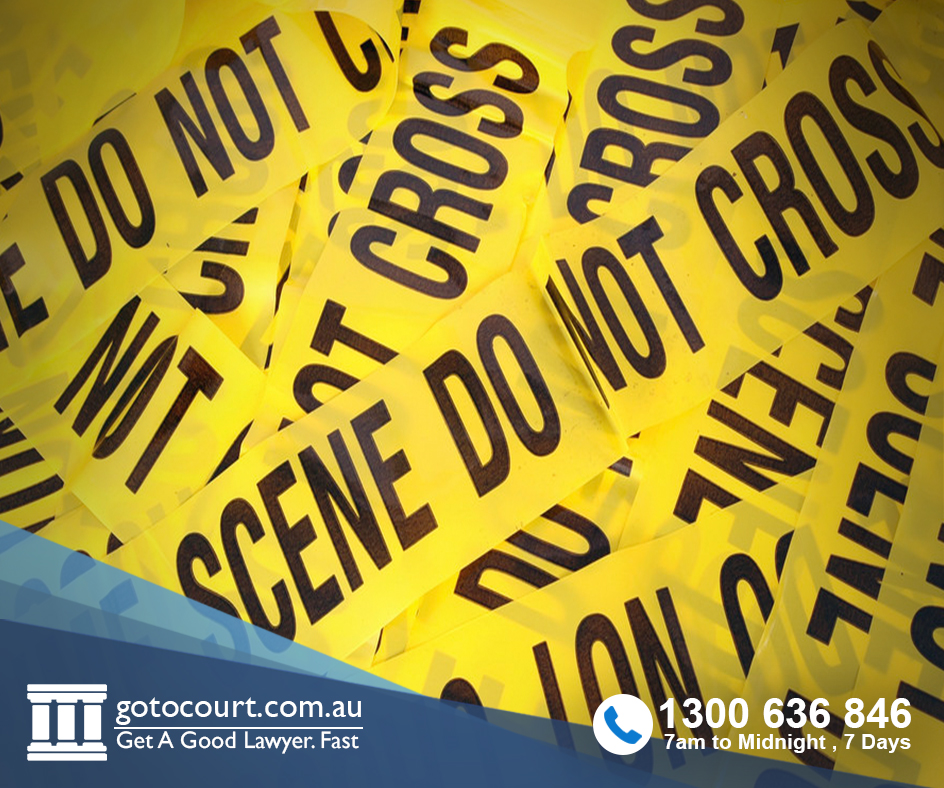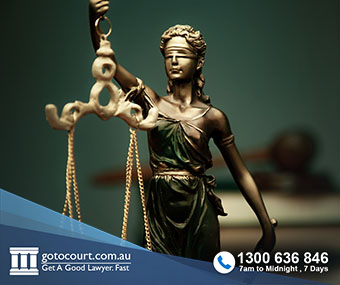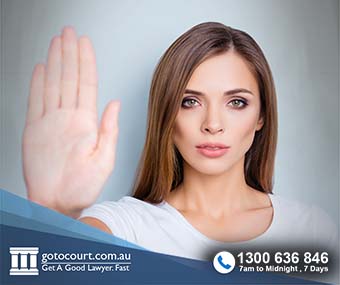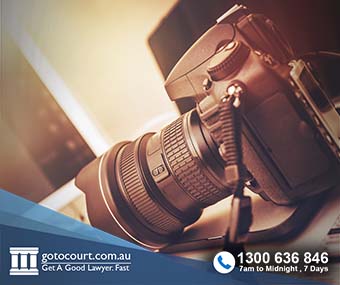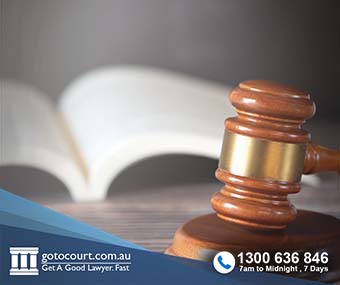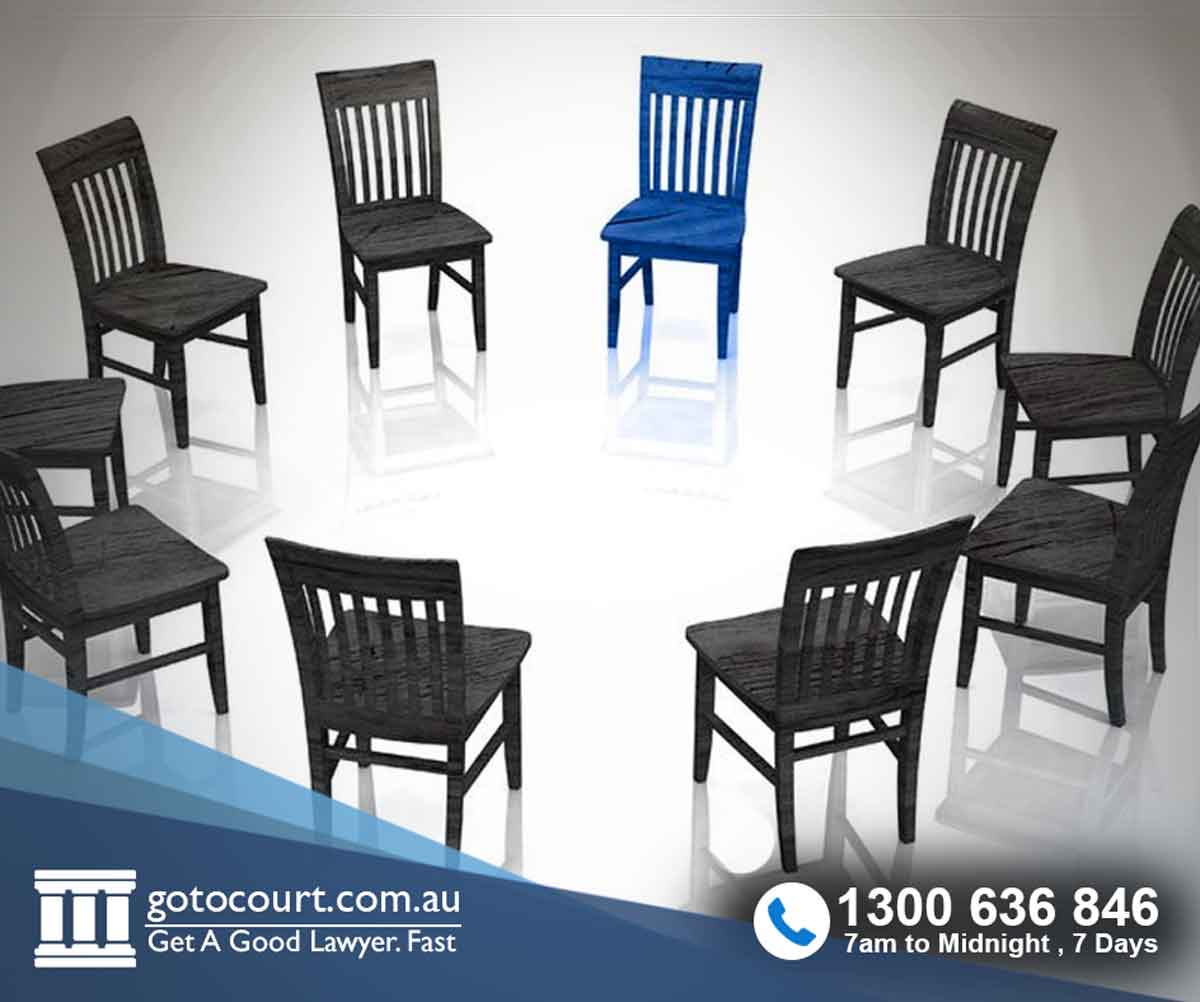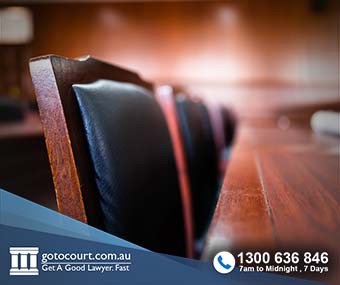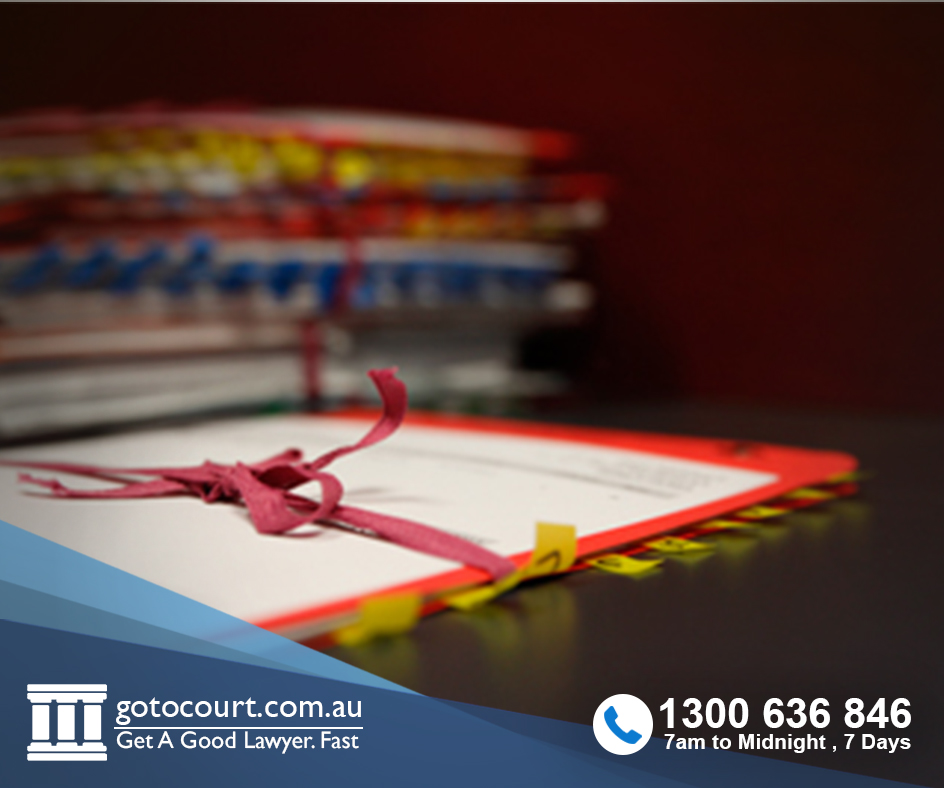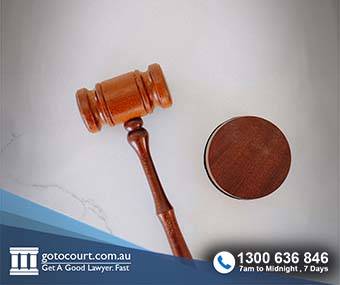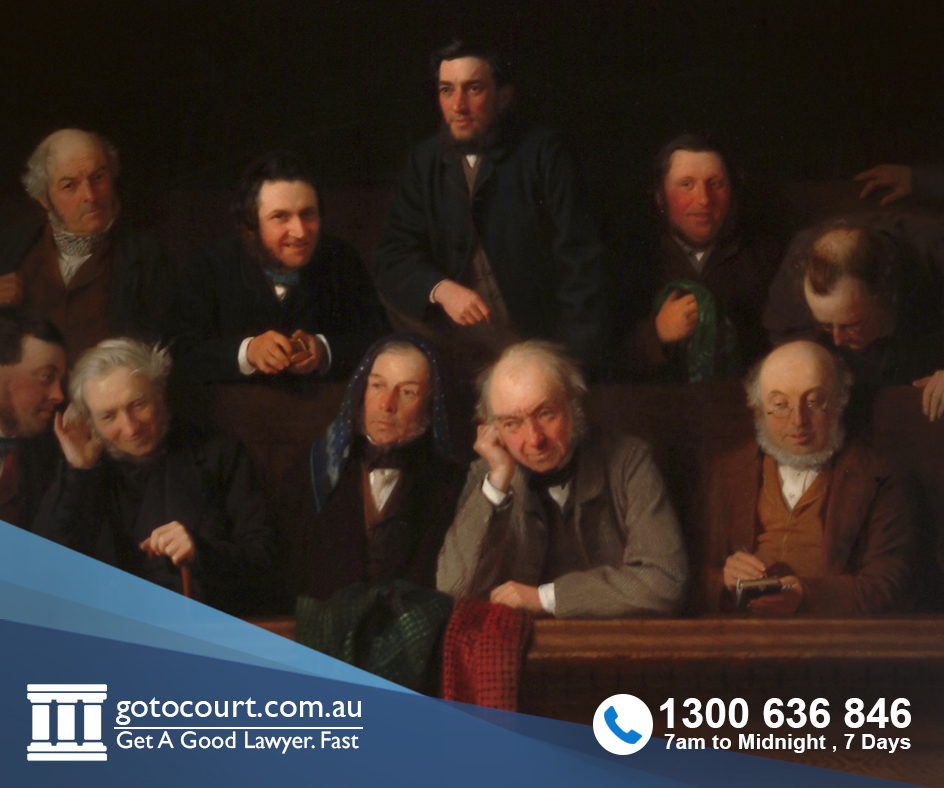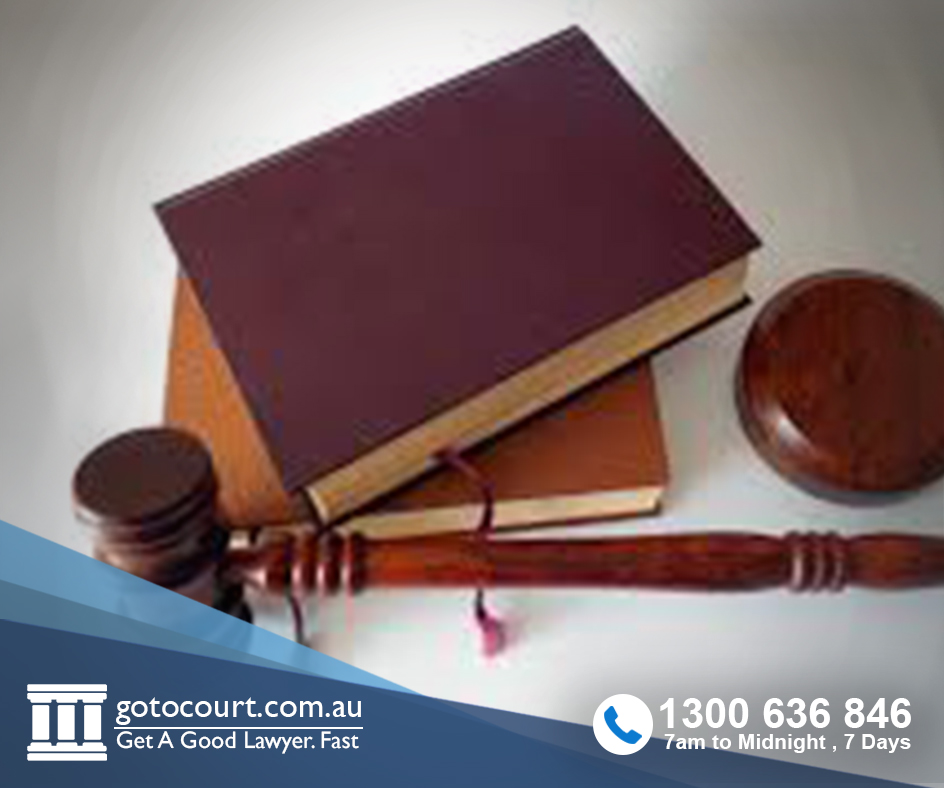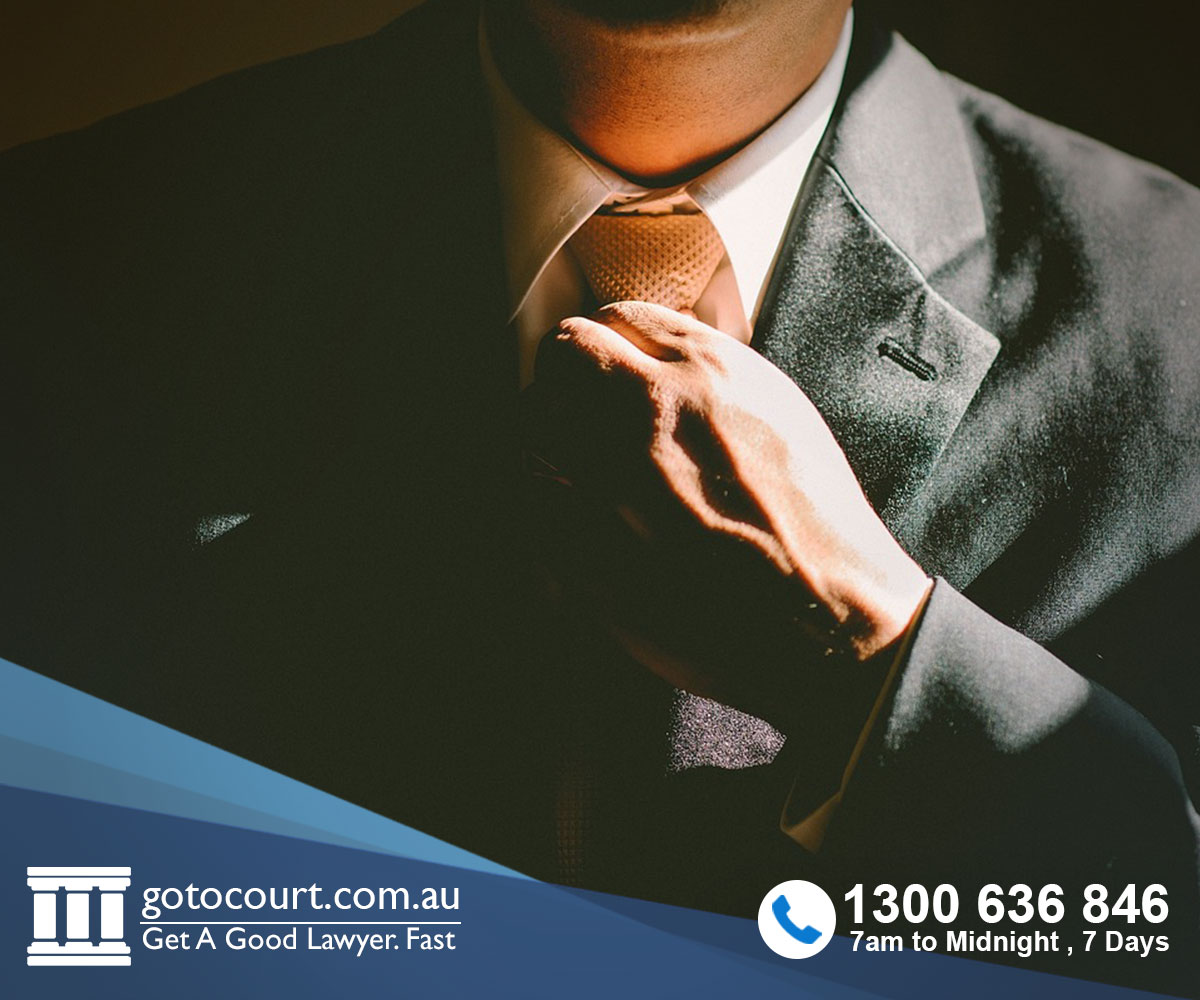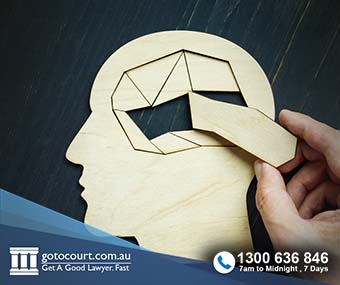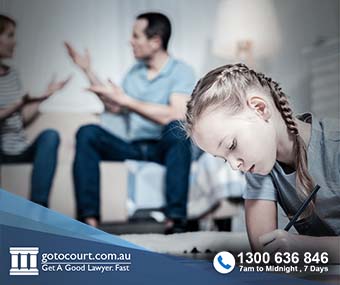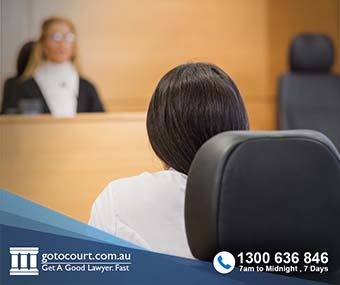Call our lawyers
now
or,
have our lawyers
call you
Pleading Guilty and Representing Yourself
Updated on Nov 22, 2022 • 5 min read • 881 views • Copy Link
Pleading Guilty and Representing Yourself
It is common for defendants in criminal matters to represent themselves in court. This is particularly the case when a person is pleading guilty in a minor matter such as a traffic offence or a minor summary offence such as disorderly behaviour in public. If you are considering representing yourself in a criminal matter, it is important that you bear in mind the below considerations.
Are you actually guilty?
Although this may seem like a straight forward question, there is often more to it than you may realise. Firstly, many criminal offences are made up of both a physical act, known as the actus reus, and a mental element, known as the mens rea. You should not plead guilty unless you fulfill both the physical and the mental element of the offence.
Secondly, the charge sheet will be accompanied by a summary of the facts. You should check this carefully to make sure that it is an accurate reflection of what happened. If there are statements that you disagree with, but you still want to plead guilty, you should contact the prosecution and ask them if they will amend the facts so that you can finalise the matter by pleading guilty.
Thirdly, even if you are guilty of the offences you have been charged with, there may be duplication between the charges. Often, the police will lay two alternate charges arising from the same facts. Where a person is willing to plead guilty, Prosecution will often accept a plea to only one of the charges and agree to withdraw the other charge. Some examples of this include charges of Assault Police and Resist Police, or charges of Possess Cannabis and Supply Cannabis. While the police are not always willing to withdraw one of the charges in this situation, it is always worth talking to them about whether such a deal is possible or getting a lawyer to do so on your behalf.
Can the prosecution prove it?
If you are guilty, ask yourself whether the prosecution can prove it. In some cases, this may mean getting the matter adjourned and obtaining the brief of evidence from Prosecution prior to pleading guilty. The brief of evidence is a copy of all the evidence the Prosecution are using against you.
If the brief of evidence shows a weak prosecution case, it may be advisable for you to plead not guilty. Alternately, you may be able to use the weakness of the prosecution case to negotiate for the withdrawal of some or all of the charges.
Are there any defences available?
Even if you did the physical act that makes up the offence you have been charged with, you may have a defence available to you. This may be that the offence was an accident, or that you were acting in self-defence or under duress. It is always a good idea to seek legal advice to be absolutely sure that there is no defence available to you before pleading guilty.
Mitigating factors
If you decide to go ahead and plead guilty and you are representing yourself, you will have to present a plea in mitigation to the court. This is where you give the court information about your circumstances and the circumstances of the offence. This may include your employment history or academic record, character references from people who know you and can attest that the offending was out of character, your prior good record (if it was your first offence) and any particularly difficult life circumstances that contributed to the offending.
If the offence was connected to a drug or alcohol problem, evidence that you have taken steps to address the problem, such as completing a rehab program, will be relevant to the court when sentencing you. If you have apologised to the victim or taken steps to make amends such as paying for damage caused, this is also a relevant mitigating factor. If you are experiencing financial hardship, be sure to let the court know your situation in case it is considering imposing a fine.
Court etiquette
When you attend court, make sure you are neatly and conservatively dressed and that you arrive on time. Court can often take all day so be sure to have the whole day free. If you are facing a possible license suspension, do not drive to court. When you arrive at court, find out which court room your matter is in and let the court staff know that you are there.
When your matter is called on, the charges will be read out and you will be asked how you plead. You will then be given the opportunity to tell the court anything you wish to about the offence and about your background. If you need more time to prepare your plea in mitigation, you can tell the court that you are pleading guilty and ask for an adjournment.
If you would like to speak to a lawyer prior to representing yourself in a criminal matter or in any other legal matter, please contact Go To Court Lawyers.

Affordable Lawyers
Our Go To Court Lawyers will assist you in all areas of law. We specialise in providing legal advice urgently – at the time when you need it most. If you need a lawyer right now, today, we can help you – no matter where you are in Australia.How It Works







1. You speak directly to a lawyer
When you call the Go To Court Legal Hotline, you will be connected directly to a lawyer, every time.


2. Get your legal situation assessed
We determine the best way forward in your legal matter, free of charge. If you want to go ahead and book a face-to-face appointment, we will connect you with a specialist in your local area.


3. We arrange everything as needed
If you want to go ahead and book a fact-to-face appointment, we will connect you with a specialist in your local area no matter where you are and even at very short notice.

